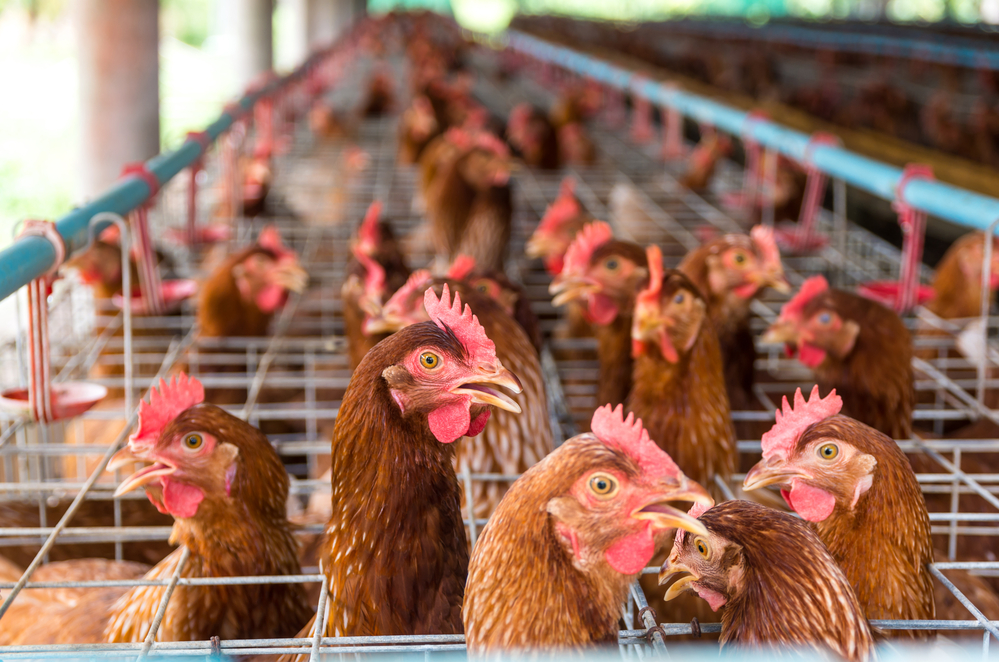Archive gathers information on national and multilateral regulations related to the poultry industry, to strengthen exports from the countries of the Americas

San Jose, 26 October 2022 (IICA). – Having relevant documents and regulations, in an organized and easily accessible manner, is essential to promote international trade and sustainable poultry production in a region as heterogeneous as the Americas.
In order to meet this need, since it is a key sector for world food security, the Latin American Poultry Association (ALA) and the Inter-American Institute for Cooperation on Agriculture (IICA) launch the Guide for the Identification and Systematization of Information about Poultry Trade Rules, available at https://repositorio.iica.int/handle/11324/21238.
Built on the basis of a mutual cooperation agreement, the guide contains information about the specific rules of national regulations for poultry products of each member country of ALA, that is a member of IICA. The countries involved are: Antigua and Barbuda, Argentina, Barbados, Belize, Bolivia, Brazil, Chile, Costa Rica, Dominican Republic, Ecuador, El Salvador, Guatemala, Guyana, Honduras, Jamaica, Mexico, Nicaragua, Panama, Paraguay, Peru, Uruguay and Venezuela; also Cuba.
Intuitive, easy to navigate, with a simple and friendly language, the manual includes specific national legislation and regulations aimed at agro-industries in the sector that seek to access the international market in their strategic planning.
With current content, it summarizes the standards and links them to the original publications of the regulatory bodies of each country.
Daniel Rodríguez, manager of IICA’s International Trade and Regional Integration Program, pointed out that having joint initiatives with key partners such as ALA makes it possible to offer countries specialized technical information to access international markets.

“It is of utmost importance that exporters know the current trade regulations at the multilateral level in entities such as the WTO, and with key trading partners such as the United States, China and the European Union,” he said.
“The future of world food passes through Latin America and the Caribbean and the poultry industry must be prepared for this call. In this context, the manual plays a fundamental role in making the legal information that each nation determines for a company to become an exporter easy and accessible”, emphasized the director of ALA, Juana Galván.
In addition to the new manual, ALA maintains statistical, health care, quality and management information on its website http://www.avicolatina.com, useful for producers who wish to export.
About the ALA
Founded in 1970, the Latin American Poultry Association (ALA) seeks to support the development of the poultry sector in the continent. Umbrella entity of the poultry sector in Latin America, brings together 21 associations of poultry production, eggs, genetics and others.
It maintains three institutes: the Scientific Technical Institute (ITC), the Latin American Ovo Institute (ILH) and the Latin American Poultry Institute (ILP), focused on the productive, technical and consumer development of products on the continent. ALA organizes with its members the OVUM, the main Expo and congress of the poultry industry in Latin America.
More information:
Institutional Communication Division.
comunicacion.institucional@iica.int
ala@avicolatina.com











